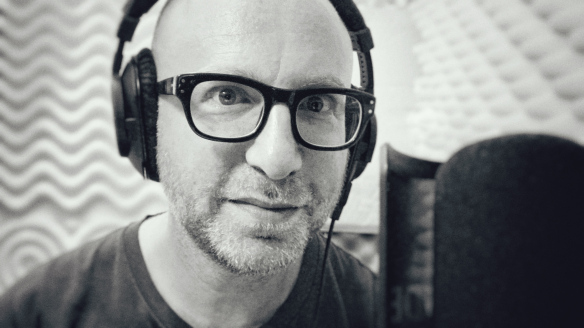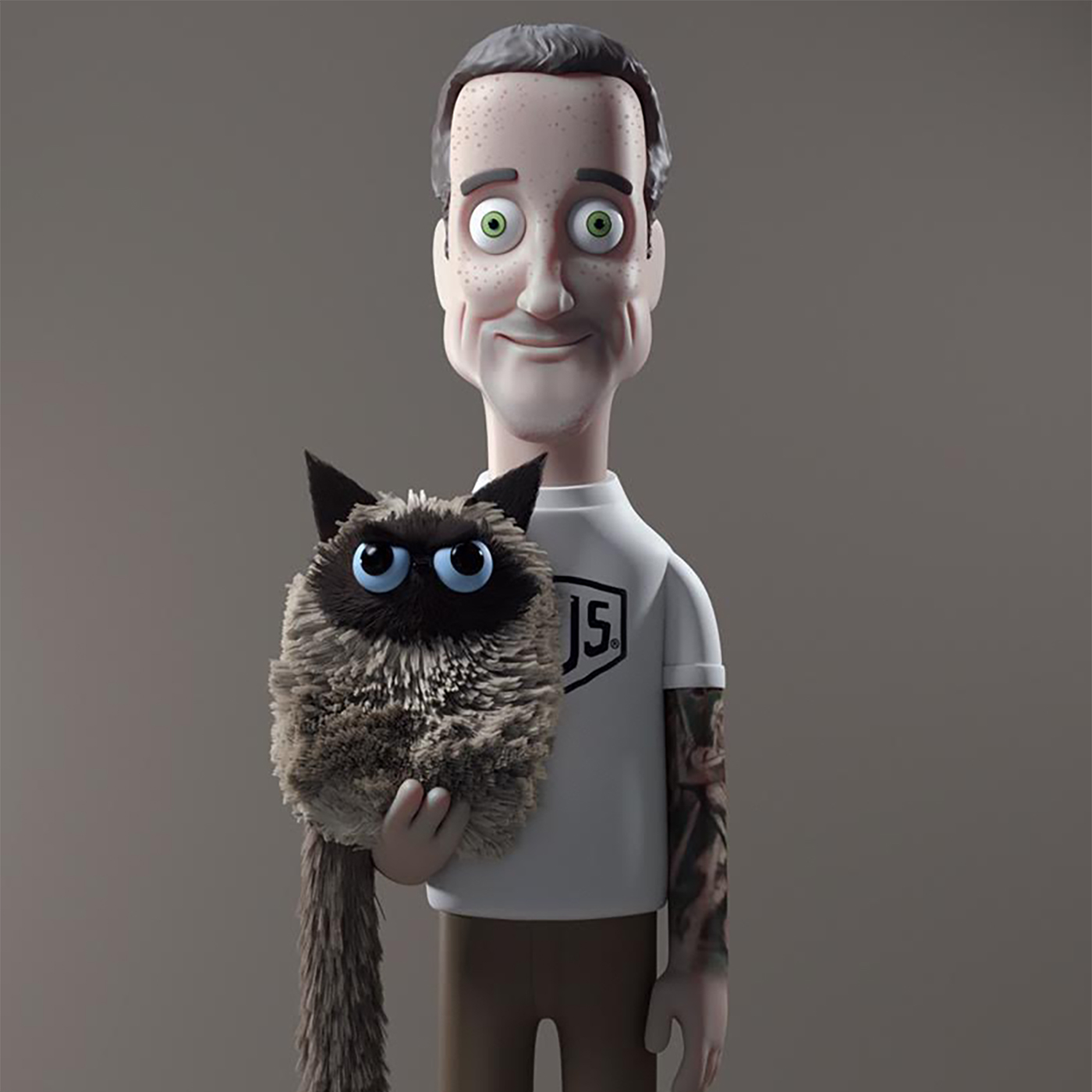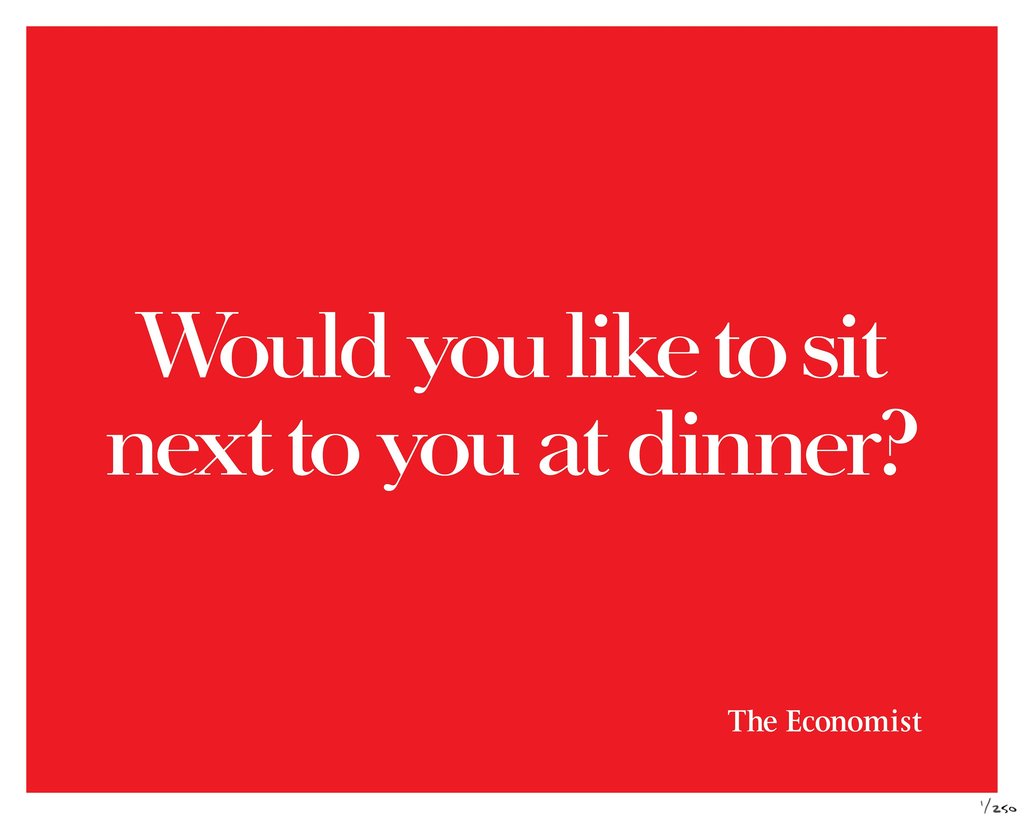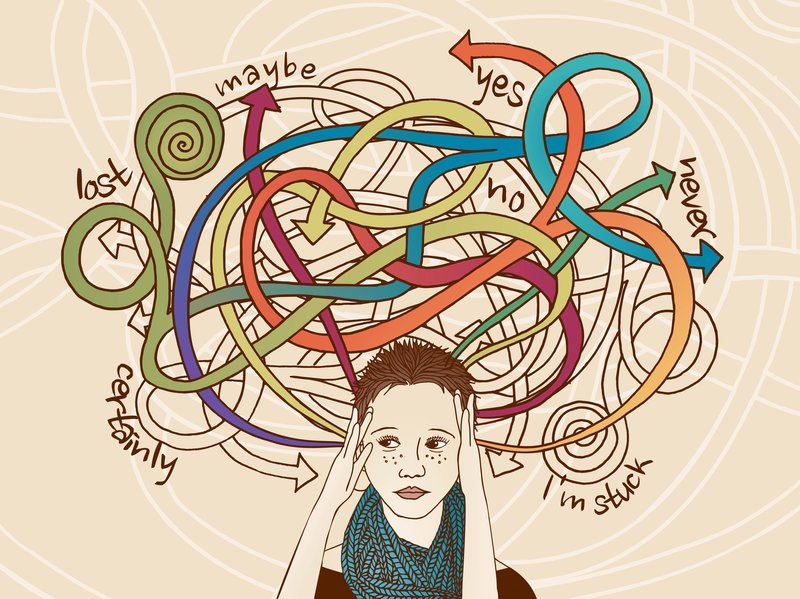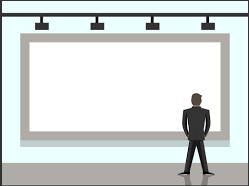You don’t know me, fool. You disown me? cool. I don’t need your assistance, social persistence, any problem I got I just put my fist in the weekend.
Explore the radio garden all over the world.
Fun with Reggie Watts:
Locations from the movie Colors, then and now (thanks, A):
